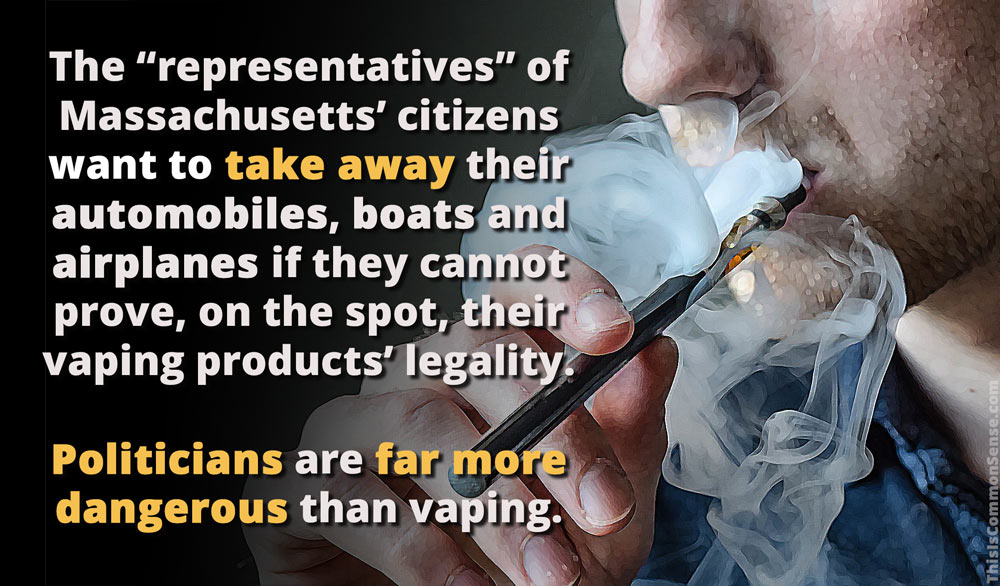“One thing is clear,” New Orleans Mayor LaToya Cantrell declared, “I do my job, and I will continue to do it with distinction and integrity every step of the way.”
She marshaled this self-righteousness in response to media inquiries as to why, as The Times-Picayune/The New Orleans Advocate reported, “Cantrell has charged the city of New Orleans $29,000 to travel first- or business-class instead of coach.”
Mayor Cantrell defiantly refuses to pay back “the exorbitant fees” she ran up “for the upgraded tickets, including an $18,000 first-class trip to France over the summer.”
But that’s precisely what City of New Orleans policy demands of her. “Employees are required to purchase the lowest airfare available,” it clearly states. “Employees who choose an upgrade from coach, economy, or business class flights are solely responsible for the difference in cost.”
Yet, her excuse for upgraded jet-setting is priceless.
“As all women know, our health and safety are often disregarded . . .” Cantrell offered. “As the mother of a young child whom I live for, I am going to protect myself by any reasonable means in order to ensure I am there to see her grow into the strong woman I am raising her to be,” she continued. “Anyone who wants to question how I protect myself just doesn’t understand the world black women walk in.”
Hmmm. Just how much safer is it in the airplane’s high-priced seats?
Plus, a pity that the mayor didn’t show any consideration for those fearful souls flying with her. One of “Cantrell’s flights cost nine times that of an aide who accompanied her but flew in coach.”
There is good news, however. A recent poll of registered voters shows a majority (55.4%) support recalling Queen — er, Mayor Cantrell.
This is Common Sense. I’m Paul Jacob.
Illustration created with DALL-E
—
See all recent commentary
(simplified and organized)










